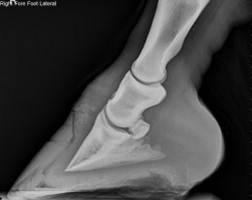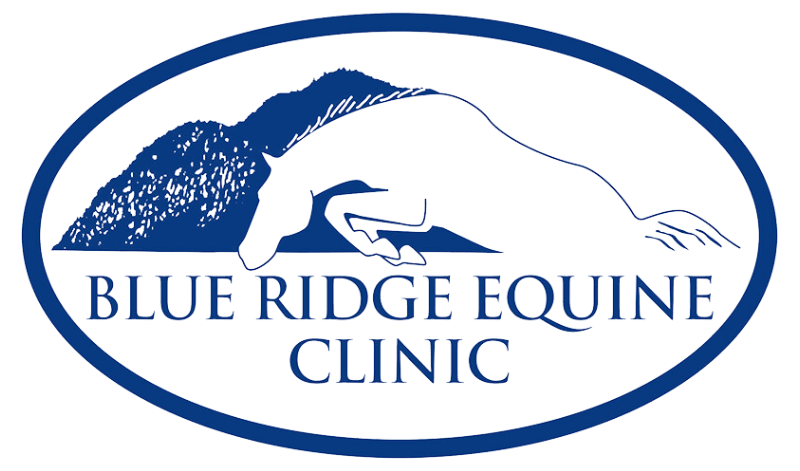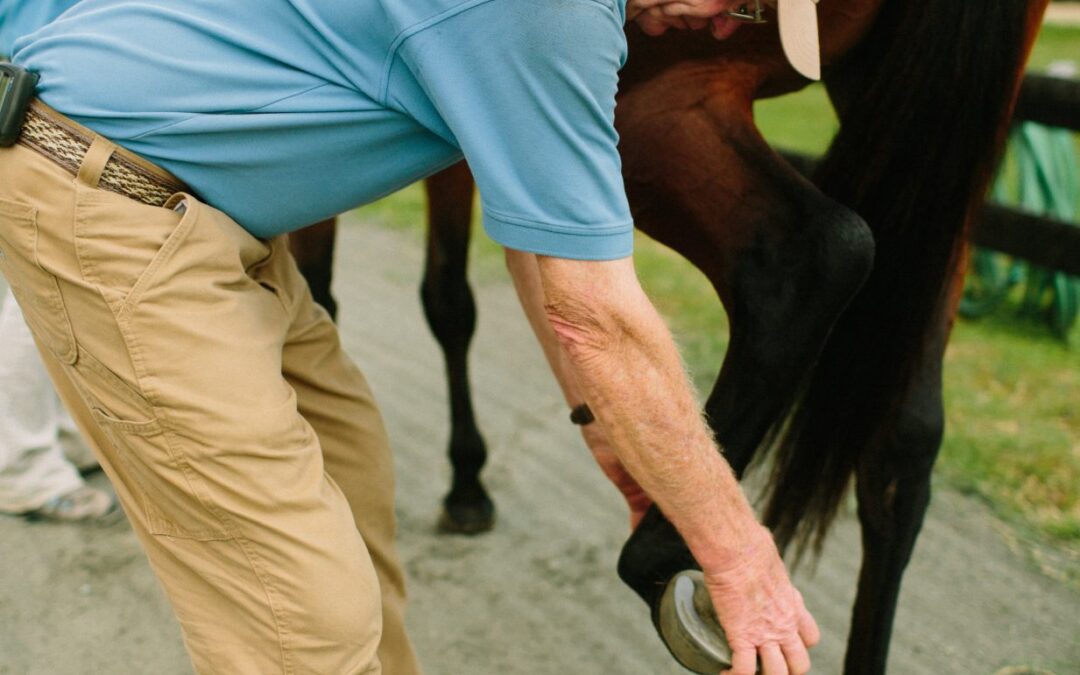Avoiding Conflicts of Interest in Purchase Exams
One question put to the committee concerned basing the fee for the exam on a percentage of the purchase price if the buyer does buy the horse. This is a clear conflict of interest and has great potential to influence the interpretation of the findings in favor of the seller. Many very expensive animals are examined by veterinarians daily and require thorough workups.

The following statement from Harry Werner, VMD, effectively sums up these conflicts:
“Potential conflicts of interest, real or perceived, commonly present ethical challenges to performance of prepurchase examinations. Historically, this issue was addressed with a simple and short list of circumstances under which it was recommended that an equine practitioner decline to perform the examination. In reality, while some relationships clearly do represent a conflict, others do not or can be indemnified from such criticism by timely and full disclosure to all parties.
Few would question that the veterinarian should decline performing the examination if he/she owns any equity interest in the horse or stands to gain monetarily from the outcome of the sale. However, an oft-repeated admonition over the years has been to avoid examining any horse when the examiner has a ‘professional relationship’ with the seller or agents of the seller. This, in the opinion of many, is an unrealistic and unnecessary prohibition. In fact, a strong case can be made that the examiner with firsthand knowledge of the horse brings added value to the buyer, providing that the seller authorizes full disclosure of the medical history. Additionally, many times the buyer’s veterinarian also serves the seller in the same form and the buyer clearly expresses that he/she prefers this veterinarians perform the examination. It is my opinion that the answer to the ‘conflict of interest dilemma’ lies in full disclosure of the horse’s medical history and the examiner’s relationship with the seller and the horse to all parties.”
Dr. Werner’s statement is a good working document for all veterinarians conducting prepurchase exams. However, if one suspects that full disclosure is not going to prevent a conflict, then all parties are better served by the practitioner recusing themselves and advising the purchaser on the selection of another veterinarian.

